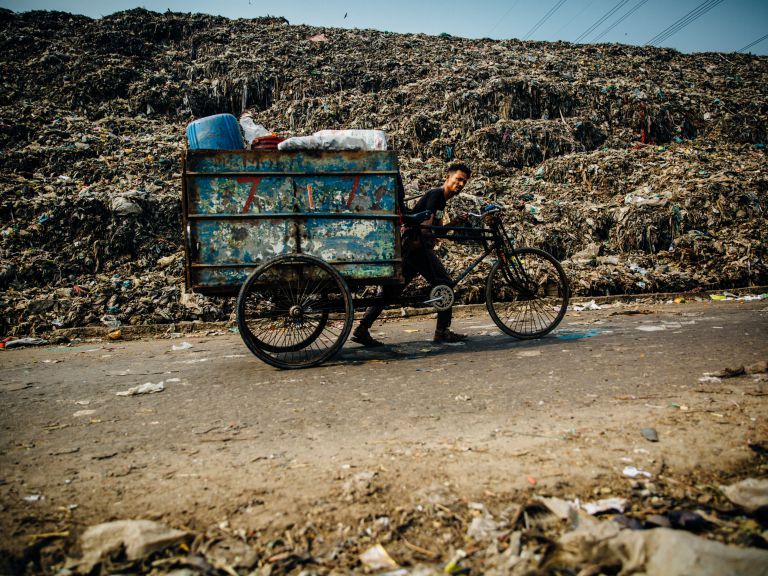Project Detail: Junk Planet
Contest:
Reportage and Documentary 2019
Brand:
LuganoPhotoDays
Author:
Takumi Wada
Status:
Selected
Project Info
Junk Planet
In the Bangladeshi capital of Dhaka, thousands of people live on the streets and work in life threatening conditions in order to survive. In a country ranked 136th on the Human Development Index, about 30% of the population in Bangladesh is currently living below the international poverty line. Extreme poverty causes families to engage their children in low-paying, dangerous jobs. The problem of child labor is also not easily remedied because adults rely on their children's income to survive the whole family.
Workers collect recyclable rubbish for resale at dumpsite in Dhaka, Bangladesh. They earn around TK80($1 USD) per day. Rubbish dumps are quickly fill up, because about 5,000 tons of waste is dumped every day. And also, dumps release large amount of methane, a potent greenhouse gas that traps heat in the atmosphere. Burning rubbish outdoors is also harmful, to the environment and people’s health. Hundreds of people including children are engaged on picking up rubbish in dangerous conditions, navigating mountains of unstable at risk of toppling in avalanches of rubbish. Workers are exposed to poor conditions with no health insurance and little help from the government. The government recently moved to raise the minimum wage for garment workers following nationwide strikes, however many are still surviving on extremely low income.


















